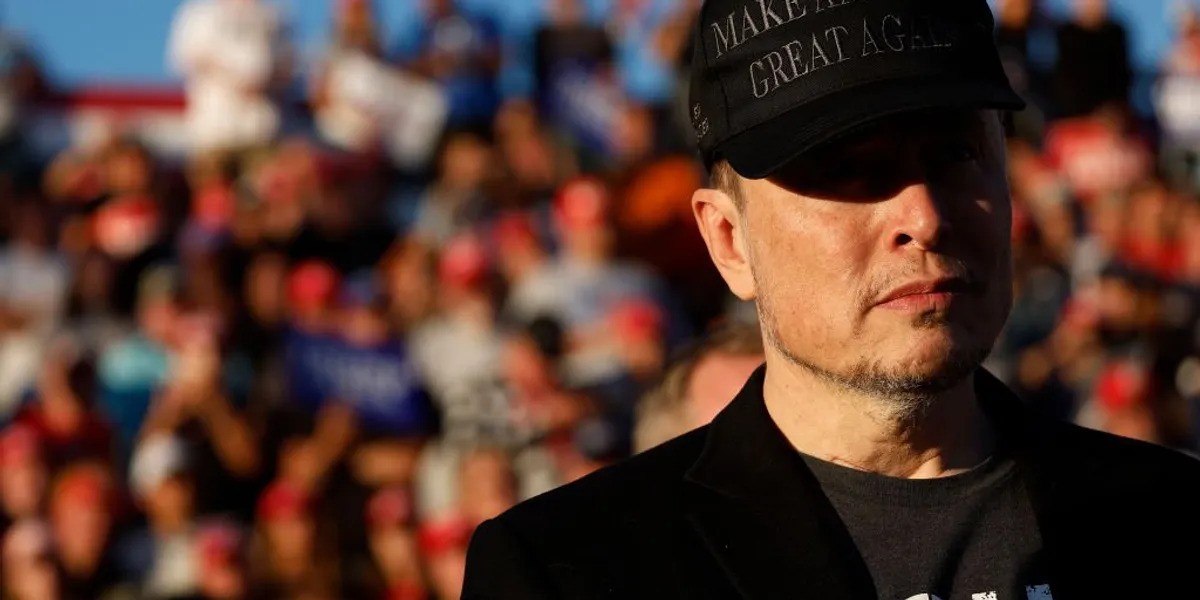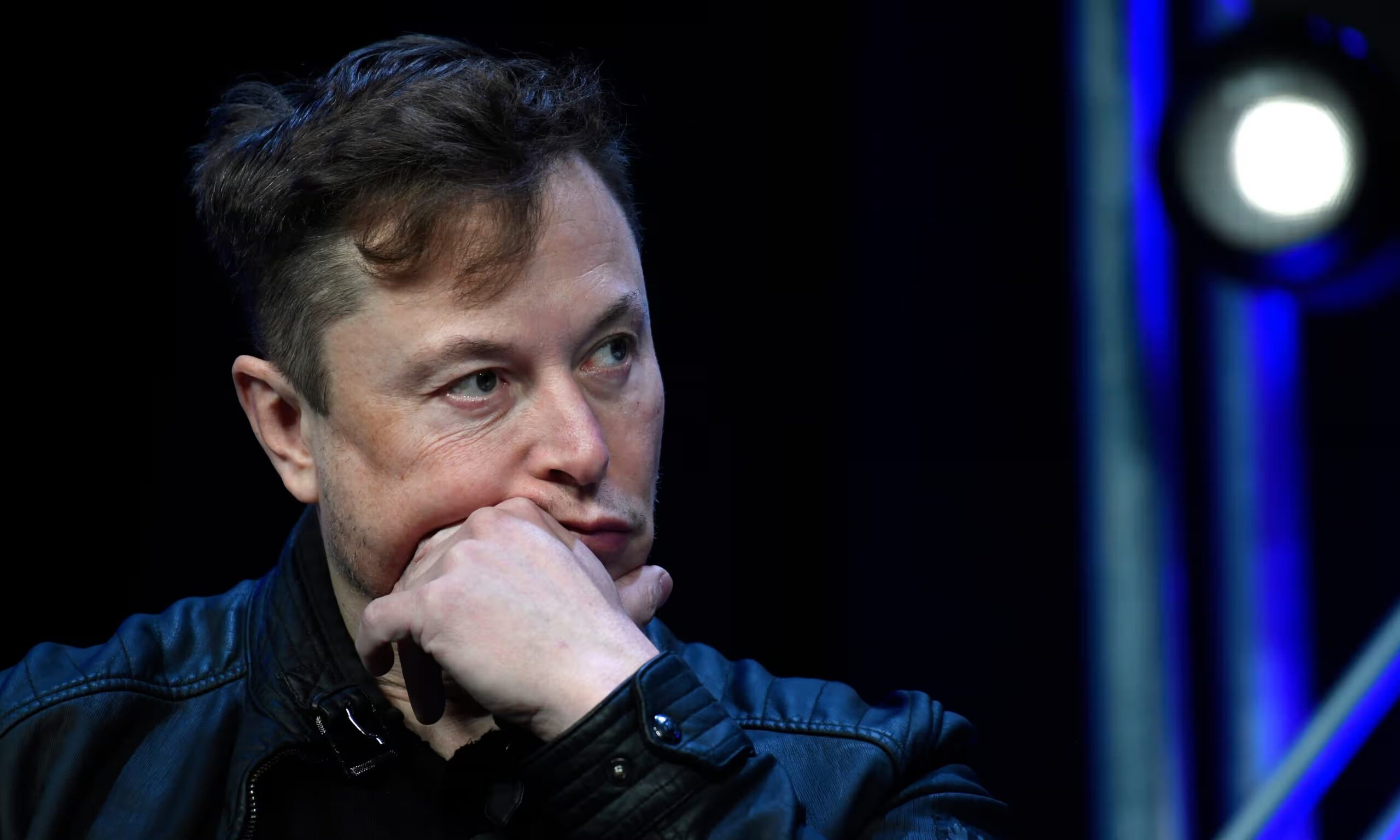To many Americans — and likely others worldwide — Elon Musk is a bit of a mystery. People often wonder why a billionaire like him behaves the way he does. “Why does he say things like that?” they ask in frustration, baffled by his seemingly outrageous remarks. His approach, blending absurdity and humor, often leaves people puzzled.
It’s not uncommon for Musk’s comments to come off as intentionally silly. His enjoyment of stirring things up is evident, especially when it comes to poking fun at societal norms. Just before finalizing his acquisition of Twitter, Musk changed his Twitter bio to “Chief Twit,” a title he later altered to “Twitter Complaint Hotline Operator” after being bombarded with grievances.
In November 2021, Musk tweeted, “At least 50% of my tweets were made on a porcelain throne,”
Later, he added, “It gives me solace.” His antics even extended to challenging Mark Zuckerberg to a cage fight.
Musk’s South African Roots: A Different Kind of Humor
Musk’s sense of humor, deeply rooted in his South African upbringing, embraces bluntness and doesn’t shy away from offending. In South Africa, as Musk knows well, “stirring the pot” is more than just a saying; it’s a way of life.

Some people find themselves wondering how someone as influential as Musk can engage in such antics. Doesn’t he care about how people perceive him? Doesn’t it bother him that some may misunderstand or mock him? It’s a question I’ve heard time and again. The explanations offered vary: some suggest he’s unaware due to autism, others claim it’s a desire to shock or a reflection of his adolescent spirit.
Personally, I’ve never had those reactions to Musk’s behavior, and for a simple reason: it feels all too familiar. For years, people have said the same things about me. Like Musk, I don’t think he cares about how ridiculous he may seem because he genuinely enjoys his approach to life.
Now, let’s be clear: I don’t pretend to be Musk’s clone, nor do I know him well enough to claim insider knowledge. I’ve never interviewed him — and frankly, I doubt he’d let me. He lives about 20 miles from me in Austin, Texas, but I’m not a billionaire, and my genius pales in comparison to his. I’m simply a retired academic who writes historical fiction.
The Influence of South African Culture
Yet, Musk’s words and mannerisms don’t surprise me. They resonate deeply with my own experiences, likely because we share a common background: we both grew up in South Africa during the Apartheid era. This cultural context plays a significant role in shaping how one perceives the world, especially when it comes to humor and social expectations. The cultural roots run deep.
South Africa’s white population, particularly those who lived through Apartheid, is shaped by the merging of two significant settler waves: Dutch colonists in the 17th century and British veterans from the Napoleonic Wars in the 19th century. The ruggedness and determination of these settlers created a culture that values resilience. These settlers coexisted with powerful native tribes, meaning survival required constant vigilance.
In such an environment, gallows humor thrived. It was a culture that prioritized endurance over victory, shaping a worldview where humor became a coping mechanism for the hardships people faced.
Elon Musk’s Disdain for Bureaucracy
When Musk fixates on the instability of the present and dreams of settling on Mars, he’s reflecting a typical South African mindset. The uncertainty of life back home fostered a general distrust of the present.
Under the bureaucratic rule of Apartheid-era Afrikaners, South Africa was highly regulated. Everyone had to carry an identity document detailing their life and race. If you were black, you also carried a “pass” dictating where you could go. Television was outlawed until long after other countries had embraced it, as the nationalist government saw it as a threat to social order.
In such a society, one either conformed to the rules or rebelled against them. Rebellion didn’t always mean joining the African National Congress, but it often meant developing a distaste for bureaucracy and questioning the status quo. Humor, as a result, became a weapon.
A popular South African radio program featured a bumbling Afrikaner policeman who would ask, in broken English, “Did you got a license?”
It reflected the absurdity of life under the regime, and everyone laughed because it was all too familiar.
Isn’t this Elon Musk in a nutshell? Few people resist bureaucracy or flaunt authority quite like he does. His commitment to free speech is so strong that he bought Twitter to protect it, spending billions in the process.
A Product of South African Resilience
I believe Musk’s aversion to bureaucracy stems from his upbringing in South Africa, where many, including myself, developed a deep resentment for government control. I still feel immense frustration at bureaucratic nonsense, and like Musk, I loathe being told what to do.

Musk’s June 2023 meme about a pregnant woman asking if her child is a boy or girl, with the doctor responding, “we’ll let the kindergarten teacher decide,” recalls the absurdities of the South African government assigning racial categories. Despite generations of racial mixing, many people classified as “white” didn’t physically look the part. My family is no exception.
We grew up recognizing the contradictions in the narrative we were sold, from the façade of equality to the abuse of power. When Musk labeled Alexandria Ocasio-Cortez’s complaints about her Twitter account a “naked abuse of power,” it echoed the dark humor so familiar to South Africans. We understood abuse of power well, and we learned to laugh to cope with it.
Musk’s humor may be off-putting to some, but it’s quintessentially South African — blunt, self-deprecating, and often offensive. When Taylor Swift endorsed Kamala Harris and joked about being a “childless cat lady,” Musk replied, “Fine Taylor … you win … I will give you a child and guard your cats with my life.” Many found it tasteless, but for South Africans, it was comedy gold.
As for Musk’s shift from supporting conventional liberal views to embracing MAGA, I’d ask as a fellow South African: What took him so long? Initially, I think politics didn’t matter to him. But when his son became swept up in ideological trends, it forced a change. That’s all it took.



